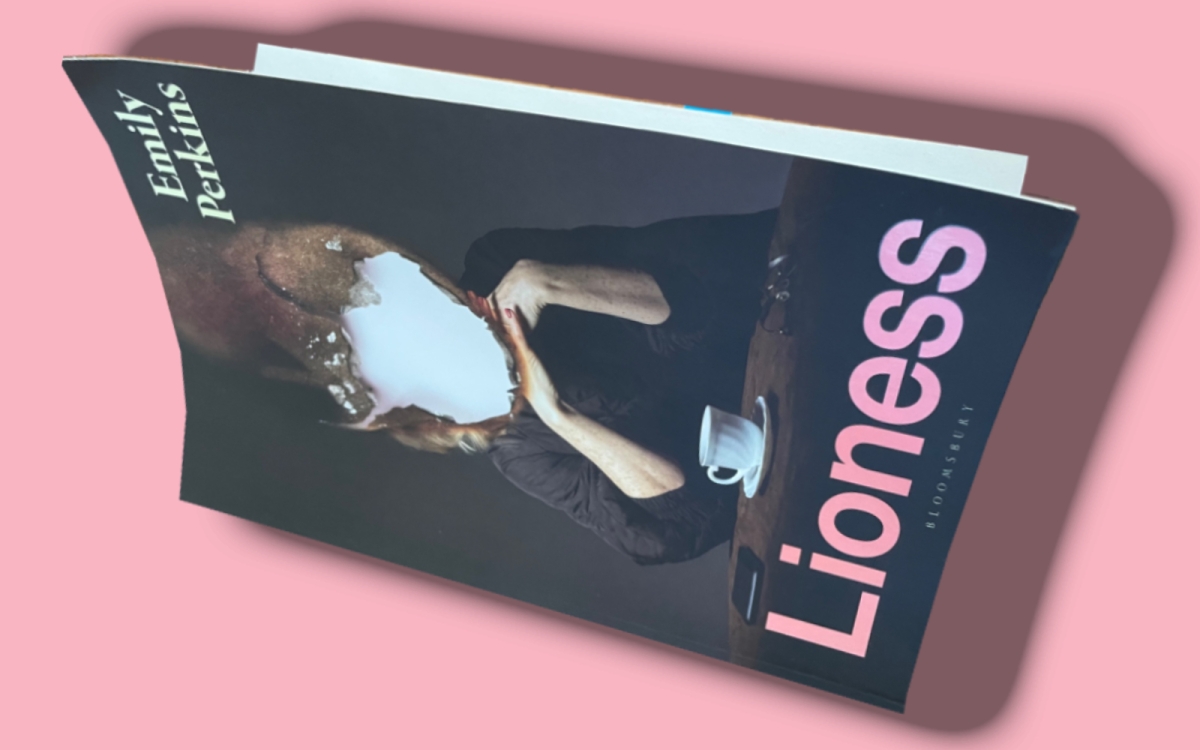Bypass the weird cover. The book beyond is bright and clever – a story of Wellingtonians not usually open for scrutiny, people with big money and flash houses but still, for all their entitlement, real people with relatable problems: complex families, children, ageing, white-lies that go bad, temptation.
Therese Thorne married money. Trevor was twenty years older, his wife had left him and he swooped in on pretty Theresa, changed her name, got her tooth fixed and folded her into his life with his business empire, his houses, his four children and their accoutrements. He set her up with a homeware business and she built up a chain of Therese Thorne shops selling lovely, darling things to lovely darlings. At their holiday house in the Sounds, a young guest suggests to Therese (as they’re peeling potatoes) they’re like the ‘help’. She’s insulted but it seems a fair comment. “Bunting, strings of lights, fat outdoor candles in glass jars, tick, tick, tick. Booze cabinet housing ancient gin and sweet holiday liqueurs, tick. Beer fridge, crated wine delivery, tick. Kayaks, rowboat, paddleboards, fishing gear, boardgames, tick.” Trevor is in his seventies now and they’re still having good sex. Tick. So far, so PA with benefits.
But who is Therese and what does she want from life? She’s living her dream – dreamt long ago by a girl from a far more humble background. We don’t get many details of her own family history but do know her leap into riches and privilege is one she never takes for granted. Handsome Trevor finances things. He owns the building that houses Terese’s flagship store, and is working on a hotel complex, half-completed, smack on the waterfront. There was talk of affordable housing on that space, and public access, but somehow Trevor’s bid for the land won over and he promises to allow the public access to the front. It takes a while for Therese to question why her husband should have the right to grant access to public space. And then there are other things she begins to question.
Like: What does privilege mean in real terms, in the power that one has over another? What defines her place in this family and where are the borders in her relationships to Trevor’s (troublesome) adult children? Who is her authentic self? Inevitably, the balance of her marital relationship changes as Trevor gets older and Therese discovers her stroppy prime of life. In one scene, a waiter refers to Trevor as her ‘father’.
But the thing is, despite being the epitome of entitled-rich-bloke, Trevor is actually a bit of a honey. He loves Therese. He does kind things when no one is watching, he cares for her when she is sick, he supports her in every way he knows. They both seem to like things done a certain way. He donates to good causes and stays friends with his ex, even though she broke his heart by leaving him for a woman. He tries to juggle things so that everyone (everyone he loves, that is) is cared for and happy. He just does a bit of harmless financial juggling to keep things on track. In this context, I found it hard not to like Trevor.
Therese loves him. But there are changes afoot in her. She discovers a new ‘zone’, a place of freedom with younger people, hanging out with the neighbour, Claire. If the roles were reversed I’d call this a mid-life crisis – what the hell, let’s call it a mid-life crisis – and she begins to find the shackles of her magazine-featured life too restrictive.
Claire is the catalyst for change. I never really ‘got’ Claire, didn’t understand the pull she had on Therese other than the fact that she didn’t give a fuck what people thought about her and did her own thing, which, most of the time, seemed pretty narcissistic. But she encourages Therese to analyse her life choices, which, whatever happens, is always a good thing. Well, a good thing for Therese, anyway.

